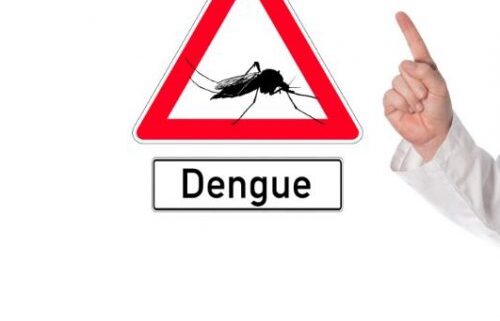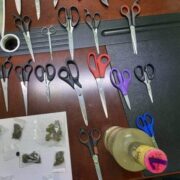Public Health Dept confirms one case of DENGUE in Cayman Loop Cayman Islands
Black Immigrant Daily News
The Cayman Islands Public Health Department has confirmed one (1) case of dengue in the Cayman Islands.
Dengue, which is prevalent throughout certain countries in the region, is not considered to be endemic to the Cayman Islands as historically there has been no sustained transmission of the disease. Epidemiological data for the territory shows an average of 1-4 imported cases per year, however in 2020 and 2021 there were no reported cases of dengue in the Cayman Islands.
“The Public Health Department works very closely with the Mosquito Research and Control Unit (MRCU) to take vector control measures every time a suspected case is reported,” explained Dr. Samuel Williams-Rodriguez, Medical Officer of Health.
Dr. Alan Wheeler, Director of the MRCU, confirmed that the Unit “has begun preventative control measures across the Cayman Islands and will continue to monitor and adjust its activities based on surveillance findings and guidance from the Public Health department.” This guidance is greatly impacted by the Health Services Authority’s (HSA) capacity to test for vector born diseases, such as dengue, locally.
The Public Health Department is urging residents to be aware of the symptoms of dengue as a precaution following increased activity in the region. With the frequency of travel between the Cayman Islands and other regional destinations, the likelihood of an increase imported cases is a strong possibility.
Dengue is a mosquito-borne viral disease transmitted by the female mosquitoes Aedes aegypti. Symptoms of the disease include the acute onset of high fever and at least two of the following:
Severe frontal headacheJoint painPain behind the eyesMuscle and or bone painA rash (sometimes) may be visible two to five days after the onset of fever.Nausea or vomiting (sometimes)Signs of bleeding (such as pinpoint red or purple spots on the skin, nosebleed,bleeding gums, blood in urine or stool, or vaginal bleeding) are seen in a severe form of dengue fever known as dengue hemorrhagic fever, severe dengue, or dengue shock syndrome.
The Public Health Department has a year-round surveillance system that involves weekly monitoring of potential mosquito-borne illnesses reported by public and private physicians that have proven very sensitive when detecting dengue cases.
Recommended prevention measures include wearing long sleeves, long pants, and mosquito bite repellent containing at least 50% DEET. Persons should also eliminate potential Aedes aegypti breeding grounds by turning over sources of standing water around their homes and other buildings.
In addition, the Mosquito Research and Control Unit will continue its surveillance efforts and ongoing work to identify and eliminate Aedes aegypti breeding grounds around the Islands.
NewsAmericasNow.com










Leave a Reply
Want to join the discussion?Feel free to contribute!